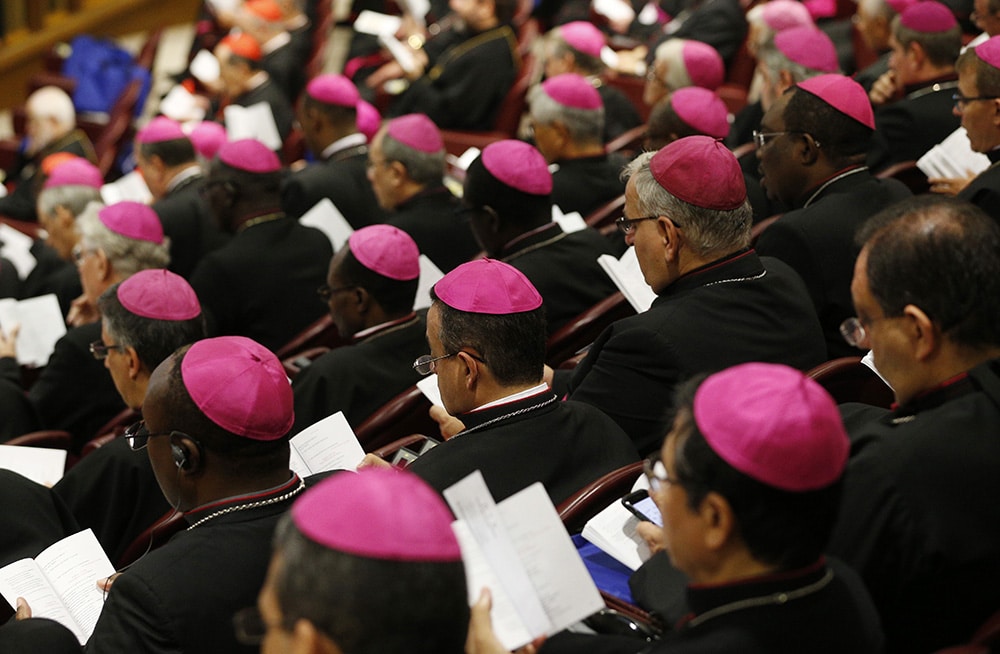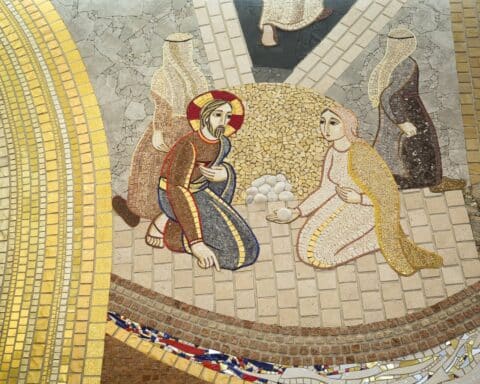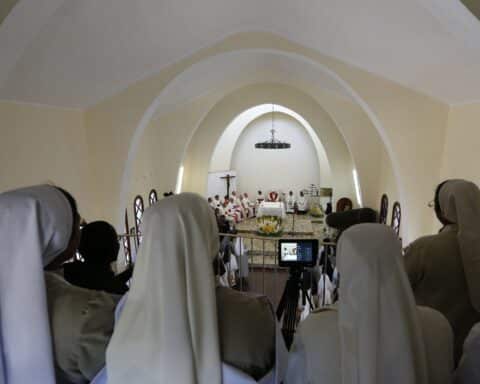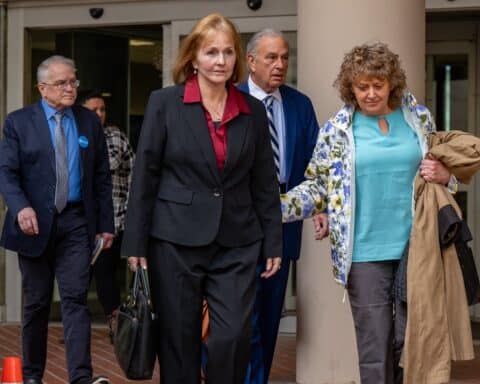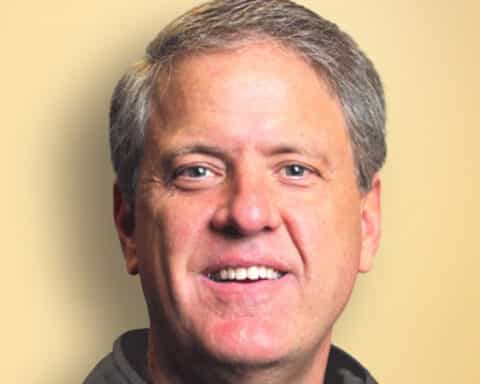The Church’s new norms for investigating bishops accused of sexual misconduct and mishandling or covering up clergy sexual abuse are being put to the test in the United States.
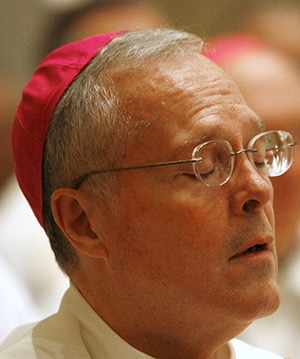
Bishop Michael Hoeppner of Crookston, Minnesota, appears to be the first Catholic bishop anywhere to be the subject of the kind of canonical investigation called for in Vos estis lux mundi, the motu proprio Pope Francis promulgated in May that requires the establishment of new procedural norms for investigating crimes by bishops, including allegations of sex abuse and cover-ups.
Pressure is also building in New York for a similar internal Church investigation into Bishop Richard Malone of Buffalo, who is fighting off calls that he step down amid widespread criticism for his handling of clergy sexual misconduct allegations.
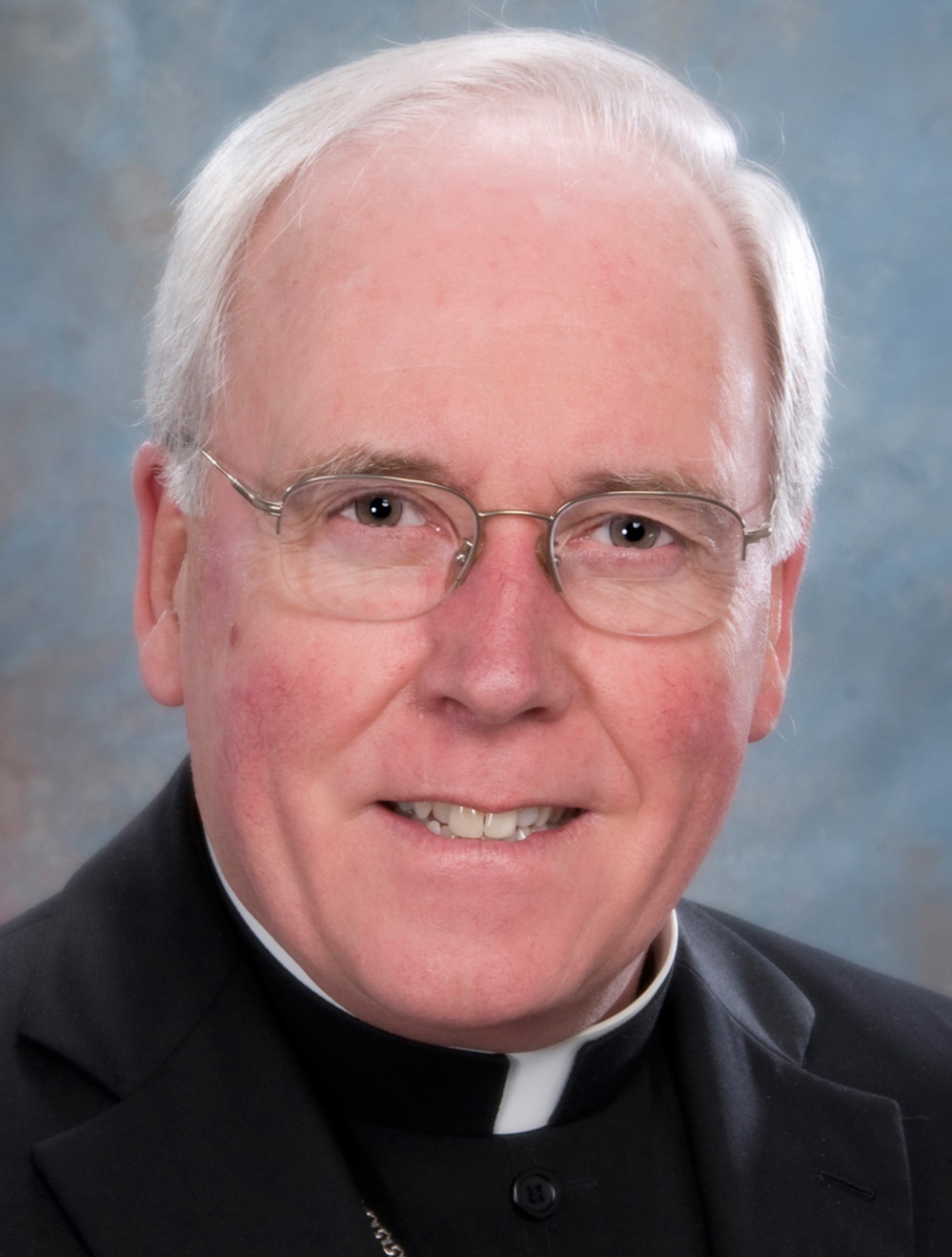
“We’re going to see in practice how Vos estis plays out now,” said Terry McKiernan of BishopAccountability.org, a website that tracks the Catholic bishops’ response to the clergy sexual abuse crisis.
McKiernan also noted that the Diocese of Cheyenne, Wyoming, announced Sept. 10 that it has substantiated three new allegations of sexual abuse against retired Bishop Joseph Hart, who is now also under criminal investigaton. The diocese was authorized by the Holy See to investigate Bishop Hart before Vos estis was promulgated.
Opportunity
“This is all getting started almost with [these cases as] prototypes of how this is all going to work,” McKiernan told Our Sunday Visitor. “A lot depends on these [investigations] being done well. The bishops need to be transparent on these. In the past, bishops would get pulled, and the reasons were never explained. Now, they have an opportunity to do this right.”
On Sept. 10, Archbishop Bernard A. Hebda of St. Paul and Minneapolis announced that the Vatican’s Congregation for Bishops had authorized him to investigate allegations that Bishop Hoeppner “carried out acts or omissions intended to interfere with or avoid” civil or canonical investigations of clerical sexual misconduct in his diocese.
Investigation
Archbishop Hebda — the metropolitan of the province that includes Minnesota, North Dakota and South Dakota — said the allegations were reported to him under the procedures set out in Vos estis. He added that law enforcement has also been notified of the allegations.
“I have appointed qualified lay persons to assist me in carrying out this investigation, to provide an independent review of its contents, and assist in its examination and analysis,” Archbishop Hebda said in his prepared statement.
The archbishop added, “All involved in this investigation have been encouraged to respond to the investigators’ requests and provide accurate information so that the truth in this matter may become clear.”
The archbishop’s statement did not describe the specific allegations against Bishop Hoeppner, who declined through his diocese’s communications director, Janelle Gergen, to comment for this story. Gergen told OSV that Bishop Hoeppner remains in office.
Jeff Anderson, a Minnesota attorney who has represented hundreds of survivors of clergy sexual abuse, told The Associated Press this week that the allegations against Bishop Hoeppner appear to stem from lawsuits against the Diocese of Crookston pertaining to clergy sexual abuse.
One of those lawsuits, all of which have been settled, was filed by Ron Vasek, who was preparing for the diaconate in 2015 when he alleges that Bishop Hoeppner blackmailed him into signing a letter that essentially retracted his accusation that a diocesan priest had abused him when he was 16. Bishop Hoeppner has denied that allegation.
Vasek, 64, who was never ordained a deacon, told OSV in a phone interview this week that he has spoken with representatives from the Archdiocese of Minneapolis and St. Paul for the canonical investigation into Bishop Hoeppner.
“I can assure you it is a real investigation,” Vasek said. “They have asked for and received all the information that they need right now for the preliminary investigation that is going on right now.”
Vasek added that he hopes the Church “does a thorough investigation and arrives at the conclusion that many of us in this area have, which is that the bishop obstructed and tried to circumvent legal actions.”
McKiernan, who has expressed his own doubts about metropolitans investigating bishops in their provinces, expressed confidence in Archbishop Hebda and Bishop Steven Biegler of Cheyenne, Wyoming, to conduct good investigations.
“If I had to pick somebody to do it right, Hebda would be a good choice,” McKiernan said. “Biegler in Cheyenne is a good choice.”
Buffalo
Meanwhile, Cardinal Timothy Dolan , archbishop of New York — the metropolitan of New York state — is “very aware of his responsibilities as metropolitan under Vos estis” to investigate allegations against bishops in his province, Joseph Zwilling, a spokesman for the Archdiocese of New York, told The Catholic Herald.
Zwilling also said the archbishop has been consulting extensively and following the situation in Buffalo “very closely.” The embattled Bishop Malone of Buffalo is resisting calls from local Catholics that he step down for his handling of clergy sex abuse allegations. In early September, audio tapes emerged that appeared to suggest Bishop Malone tried to conceal allegations that an active priest had sexually harassed a seminarian.
Zwilling told OSV that there was “nothing new to report” when asked if Cardinal Dolan had moved any closer to possibly launching an internal Church investigation into Bishop Malone.
Brian Fraga is a contributing editor for Our Sunday Visitor.

